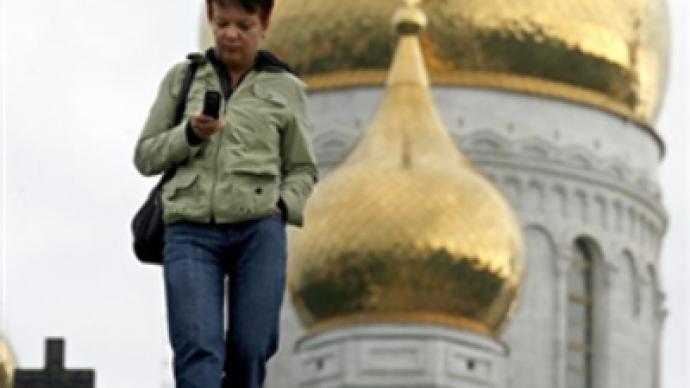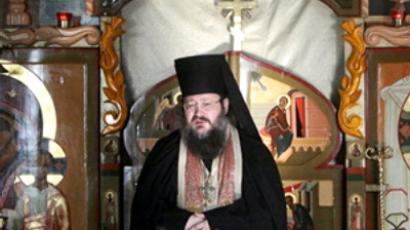Church to become major owner?

A draft law concerning the transfer of property currently under lease to religious organizations has been prepared by the Russian Economic Development Ministry.
If implemented, the law would make the Russian Orthodox Church one the largest property owners in the country.
Kommersant daily managed to get hold of the document and an explanatory note to it. The latter suggests the necessity to return to the Church all property confiscated after the October Revolution of 1917.
“We are not talking about restitution, but about historical justice,” commented counselor of the State Duma committee for non-governmental and religious organizations Stepan Medvedko.
There are currently 234 monasteries and 244 Orthodox convents, 16,000 parishes and 4,696 Sunday schools. The Roman Catholic Church has 220 parishes in Russia, with only two-thirds of them having their own church or cathedral. There are also around 4,000 mosques, 70 synagogues, and 70 Buddhist temples across the country.
Religious organizations own only a small part of all property, the majority of buildings falling under contracts for uncompensated permanent use of property.
In fact, in the last 15 years the Orthodox Church has become owner of more than a hundred cathedrals and there is now a need to create a legislative base. If the law comes into force, the Church will be the largest non-state owner in Russia.
“Only such giants as Gazprom and the Russian Railways would be then able to compete with the Church,” says Roman Cheptsov from the consulting firm Prime City Properties.
According to the draft law a religious organization would need to submit a demand substantiating their right for the property to an authorized body.
Property transfer to the religious organizations will also mean that they will be in charge of its maintenance and will have to bear all related expenses.
The owner will not have the right to transfer the property in the course of ten years and will also have to provide the old tenants with new premises.
The document also implies buildings on the UNESCO world heritage list cannot be transferred to the Church. There are around 20 such objects including the Moscow Kremlin and St Basil’s Cathedral.
One of the aims of the bill is to relieve the budget from the burden of church property maintenance. The Economic Development Ministry suggested that when transferred, this property could be used for commercial profit.
Church officials say it’s the ruling bishop who disposes of the property. “For instance, when Aleksy II was Moscow’s ruling bishop he did not allow to let premises and get revenues from it,” Moscow patriarchate spokesperson Vladimir Vigiliansky told Kommersant. “Only in rare cases it was allowed to lease some premises for the restoration of a church building.”
The ownership will bring the need for an economic reform. Indeed, in large cities the Church can take charge of the buildings while in small towns and villages the parishes are poor enough to take the burden.
“If religious organizations own property, they will become independent from the state,” believes mufti Nafigulla Ashirov from Russia’s Mufti Council. He admits they intend to let their property for the needs of the community.
The head of the Congress of Jewish Religious Communities also confirmed their willingness to let their premises with the revenues going for social projects.
A special governmental commission will consider the bill in mid-March.













